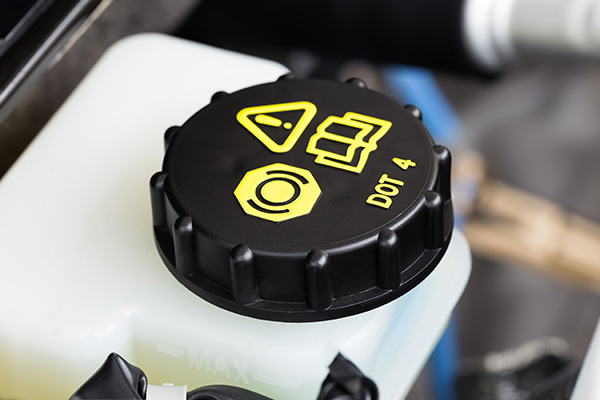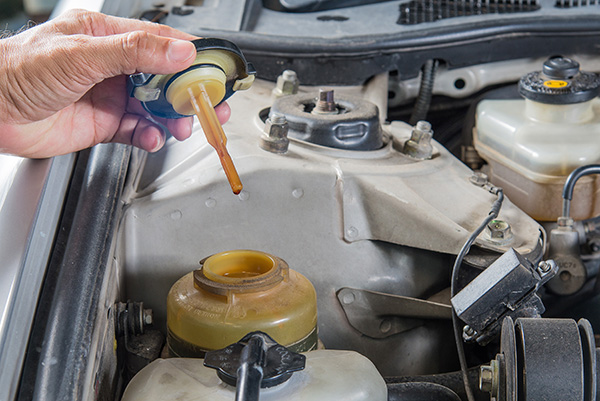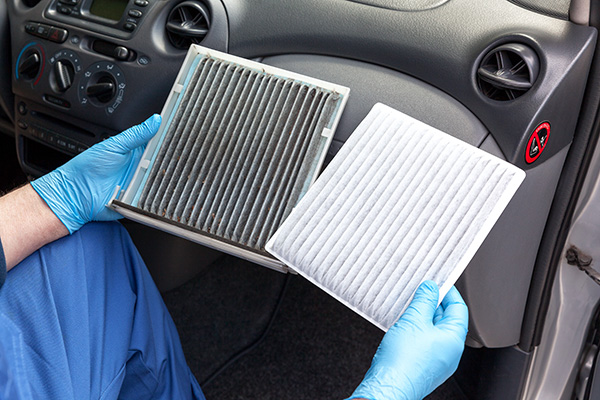Posted on 3/28/2025

Brake fluid doesn’t get as much attention as engine oil or transmission fluid, but it plays a critical role in your vehicle’s safety. Without it, your brakes wouldn’t work at all. Yet, many drivers go years without changing their brake fluid—sometimes because they don’t know they need to, other times because it’s out of sight and out of mind. So, is replacing brake fluid really necessary, or is it just another way for service shops to upsell you? What Does Brake Fluid Do Brake fluid is what allows you to stop your car with just a press of the pedal. Your braking system operates using hydraulic pressure. When you press the brake pedal, fluid moves through the brake lines, applying pressure to the calipers, which then squeeze the brake pads against the rotors. This friction is what slows your car down. Because brake fluid is incompressible, it ensures a direct and immediate transfer of force from the pedal to the brakes. If the flui ... read more
Posted on 2/28/2025

Power steering makes driving effortless, allowing you to turn the wheel with minimal effort. But like any other system in your vehicle, it relies on fluid to function. Over time, power steering fluid becomes dirty, contaminated, or degraded, leading to stiff steering, unusual noises, or even long-term damage to your steering components. Many drivers overlook power steering fluid maintenance until they start experiencing problems, but regular fluid changes can prevent costly repairs and keep your steering system in top condition. Why Power Steering Fluid Needs to Be Changed Power steering fluid serves two main purposes: lubrication and hydraulic pressure. It allows the steering system to function smoothly and efficiently while protecting internal components from wear and heat buildup. Over time, dirt, metal particles, and moisture can contaminate the fluid, reducing its effectiveness. This can cause increased friction, foaming, and overheating, which puts stress on t ... read more
Posted on 1/31/2025

The cabin air filter in your car might not be something you think about often, but it plays a significant role in your driving experience. It ensures the air inside your car remains clean and free of dust, allergens, and harmful pollutants. However, like all components in your vehicle, the cabin air filter has a lifespan and requires replacement to keep functioning effectively. Ignoring it can lead to poor air quality, unpleasant odors, and even strain on your car’s HVAC system. Let’s explore the key signs that indicate your cabin air filter needs attention and why timely replacement is essential. Reduced Airflow from the Vents Have you noticed a weak or inconsistent airflow coming from your car's vents? This is one of the first signs of a clogged cabin air filter. When the filter becomes saturated with dirt, dust, and debris, it restricts the airflow through your ventilation system. This not only affects the comfort level inside your car but also put ... read more